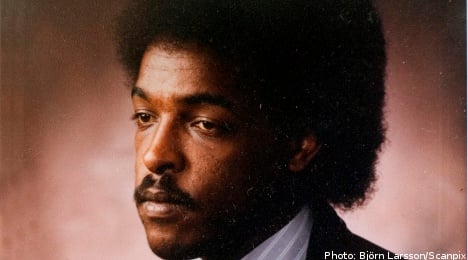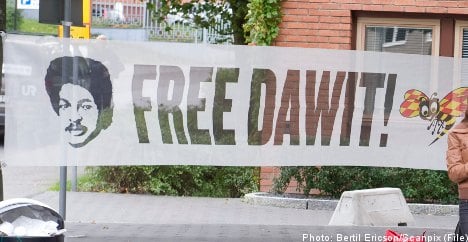“Ten major publishing houses in Sweden are joining forces to publish Swedish translations of writings by Dawit Isaak,” the publishers said in a joint statement.
Isaak, a Swedish-Eritrean journalist, was arrested in September 2001 along with a dozen newspaper owners, editors and journalists accused of being Ethiopian spies.
His friends and family have had no contact with him for years and it remains unclear where he is being held, but Swedish media quoted a former guard earlier this year saying the journalist was at the high-security Eraeiro secret prison near Asmara and appeared to be in poor health.
Isaak “has been denied his fundamental human rights and has never been prosecuted, given a trial or allowed to have legal representation,” Monday’s statement lamented, insisting that the Swedish national “is the only journalist and EU citizen being treated in this way in the world.”
Media and activists in Sweden and abroad have long demanded Isaak’s release, while Sweden’s foreign ministry has been trying to secure his freedom through diplomatic channels, but to no avail.
The Swedish publishing houses compared their decision to jointly put out Isaak’s works to “when German publishers together published Salman Rushdie’s Satanic Verses” after Iranian Ayatollah Ruhollah Khomeini issued a fatwa calling on Muslims to kill the British author and his publishers for blasphemy.
The book, titled “Hope, the Tale of Moses’ and Manna’s Love and other Texts,” will be published and presented on September 23 at the Gothenburg Book Fair, the publishers said.
Nearly everyone involved in putting out the first-ever translation of Isaak’s texts into a European language had worked for free, they said, adding that all the proceeds from the sale of the book will go to the journalist.



 Please whitelist us to continue reading.
Please whitelist us to continue reading.
Member comments